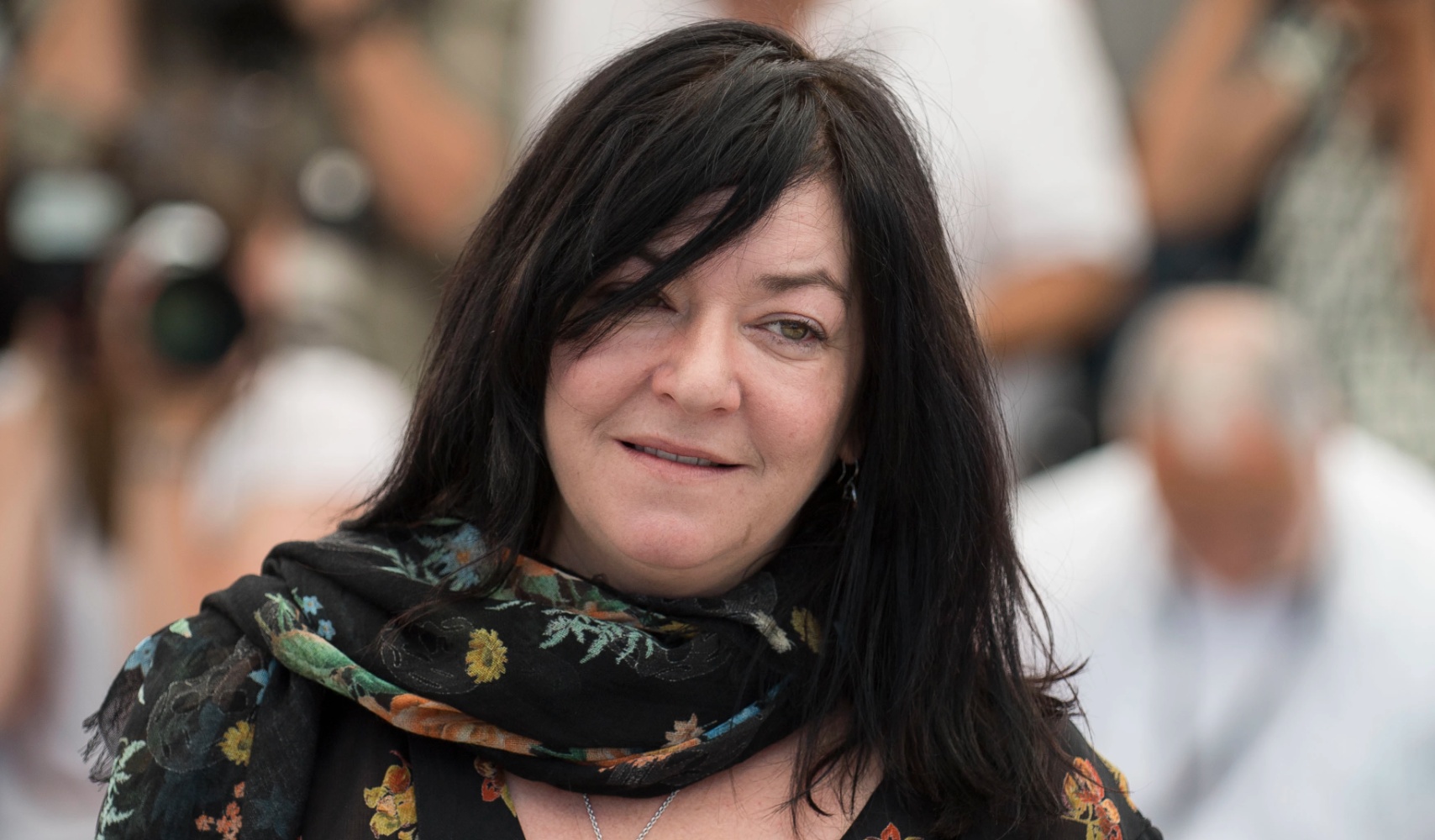The New York Times just published a Jennifer Lawrence profile anchored in the actress’ stated desire to no longer play in a studio-sized, franchise-shaped mold, which is of course what actors say when promoting smaller, more independent fare. (The fare in this case being Causeway—a work we found underwhelming as dramatic material but a reminder of how gifted she actually is.) Though in the put-up-or-shut-up divide this is a pretty good case of putting up: there’s quick notice she and Lynne Ramsay are planning to collaborate on an adaptation of Ariana Harwicz’s Die, My Love.
If there’s temptation to note Ramsay’s hardly moved the needle since You Were Never Really Here, regularly attaching herself to projects that never materialize—the last few years alone have brought word of a Margaret Atwood adaptation, a Stephen King adaptation, and a Rooney Mara / Joaquin Phoenix project—a star presence via Lawrence (again: supposedly seeking better career options) is, needless to say, how directors like her get moving in the first place. With Times journalist Kyle Buchanan following up (via Twitter) to note Martin Scorsese will produce the feature, our fingers are crossed in cautious optimism.
While Lawrence compared Harwicz’s novel to Sylvia Plath, certain strides have been made elsewhere to evoke Lynch, Cassavetes, and John Ford. Judge for yourself in the publisher’s synopsis:
In a forgotten patch of French countryside, a woman is battling her demons: embracing exclusion yet wanting to belong, craving freedom whilst feeling trapped, yearning for family life but wanting to burn the entire house down. Given surprising leeway by her family for her increasingly erratic behaviour, she nevertheless feels ever more stifled and repressed. Motherhood, womanhood, the banality of love, the terrors of desire, the brutality of ‘another person carrying your heart forever’: Die, My Love faces all this with a raw intensity. It’s not a question of if a breaking point will be reached, but rather when, and how violent a form will it take?
This is a brutal, wild book – it’s impossible to come out from reading Ariana Harwicz unscathed. The language of Die, My Love cuts like a scalpel even as it attains a kind of cinematic splendour, evoking the likes of John Cassavetes, David Lynch, Lars von Trier and John Ford. In a text that explores the destabilising effects of passion and its absence, immersed in the psyche of a female protagonist always on the verge of madness, in the tradition of Sylvia Plath and Clarice Lispector, Harwicz moulds language, submitting it to her will in irreverent prose. Bruising and confrontational, yet anchored in an unapologetic beauty and lyricism, Die, My Love is a unique reading experience that quickly becomes addictive.

